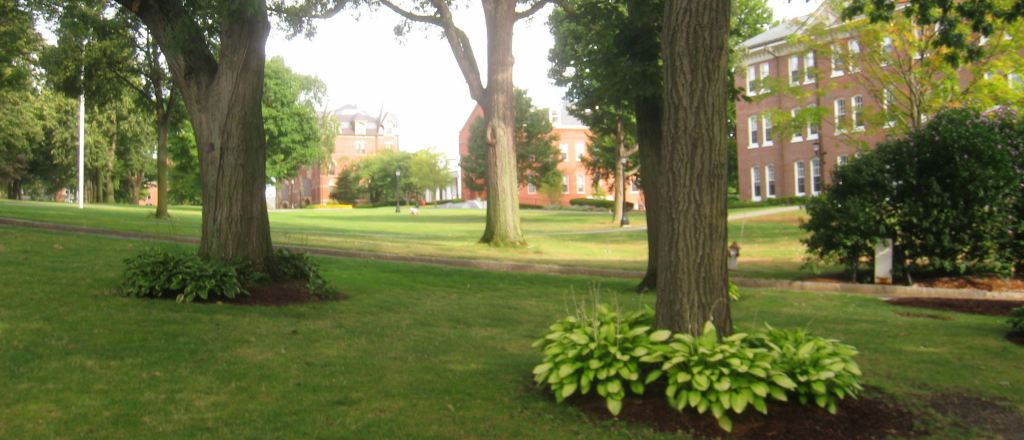Advice for First-Generation College Students
Embarking on a new journey is a challenging task to undertake. Going to college is among the most difficult new journeys, given that, for many students, it marks the first time being on your own and navigating a complex system. For first-generation college students, the journey can be even more challenging, considering you cannot turn to family members for guidance. Many students may feel inclined to default to the lone wolf mentality: “I’ve gotten this far on my own, so I can keep doing things on my own.”
But college is an entirely different beast than what most students have ever experienced. To succeed as a first-generation college student, you must find your community and your voice. Luckily, you are not alone — 54% of U.S. undergraduates are first-generation students.
The summer before college is an ideal time for you to perform college research to learn what resources and services are available. The early weeks of college can be overwhelming, so use the summer to familiarize yourself as much as possible with your school. One key aspect you should research is whether or not your institution offers a transition program geared specifically for first-generation students. Not only will these programs help you adjust to college life, but they also help you meet other first-generation students.









